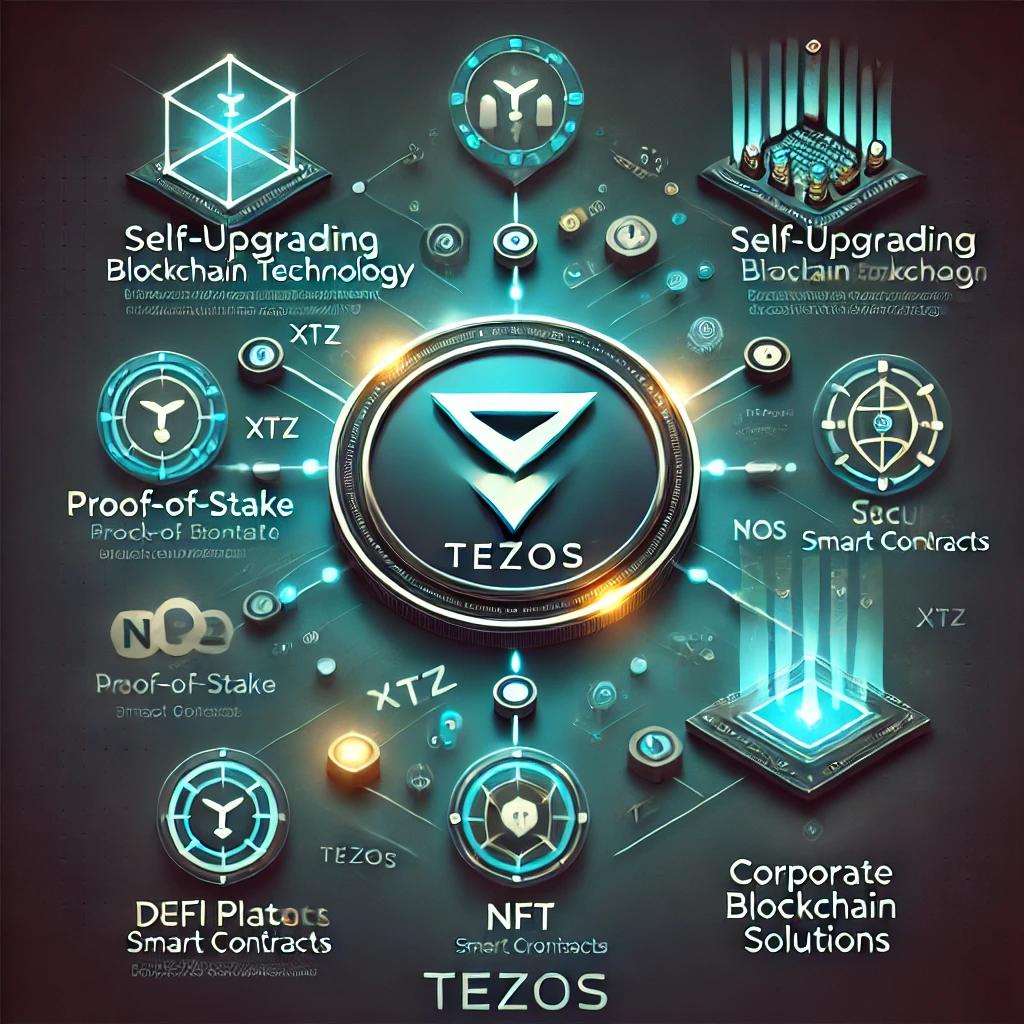A decentralized exchange (DEX) is a platform for cryptocurrency trading that operates without intermediaries such as banks or centralized exchanges. It allows users to trade assets directly with each other using blockchain technology and smart contracts.
How Does a Decentralized Exchange Work?
Decentralized exchanges leverage blockchain technology to ensure security, transparency, and independence from centralized control. Here’s how they function:
1. Smart Contracts:
Transactions on DEXs are processed automatically through smart contracts, which manage the exchange of assets.
2. Liquidity:
DEXs use Automated Market Maker (AMM) models, such as Uniswap, where liquidity is provided by user pools.
3. Wallet Integration:
Users connect their cryptocurrency wallets, such as MetaMask or Trust Wallet, eliminating the need to transfer assets to a third party.
4. Anonymity:
No registration or identity verification is required, ensuring user privacy.
Advantages of Decentralized Exchanges
1. No Intermediaries:
All transactions occur directly between users, removing the need for third-party oversight.
2. Asset Security:
Funds remain in users’ wallets instead of being stored on the platform.
3. Transparency:
All transactions are recorded on the blockchain, making them public and immutable.
4. Global Accessibility:
DEXs are available to users worldwide without geographical restrictions.
5. Wide Token Variety:
Many DEXs support a broad range of tokens, including those unavailable on centralized exchanges.
Disadvantages of Decentralized Exchanges
1. Complexity for Beginners:
DEXs can be challenging to use for individuals unfamiliar with cryptocurrency.
2. Slower Transactions:
Transaction speed depends on the blockchain, such as Ethereum, which can be slow during peak times.
3. High Fees:
Network fees (gas) can be expensive, especially on popular blockchains.
4. Loss of Access:
If a user loses access to their wallet, their funds cannot be recovered.
Examples of Popular Decentralized Exchanges
1. Uniswap: A leading Ethereum-based DEX using the AMM model.
2. PancakeSwap: Built on Binance Smart Chain, offering low fees.
3. SushiSwap: A multi-chain exchange supporting various blockchains.
4. Curve: Specializes in stablecoins and liquidity pools.
How Do DEXs Differ from Centralized Exchanges?
Criteria Centralized Exchange Decentralized Exchange
Asset Control Stored on the exchange Stored in the user’s wallet
Registration Requires identity verification No registration required
Security Vulnerable to exchange hacks User-controlled asset security
Ease of Use User-friendly for beginners Requires basic blockchain knowledge
Conclusion
Decentralized exchanges provide new opportunities for cryptocurrency trading, offering security, privacy, and independence. However, before using a DEX, it’s essential to understand blockchain basics and set up your cryptocurrency wallet correctly.
If you’re ready to explore decentralized exchanges, start with platforms like Uniswap or PancakeSwap to experience their unique features.



